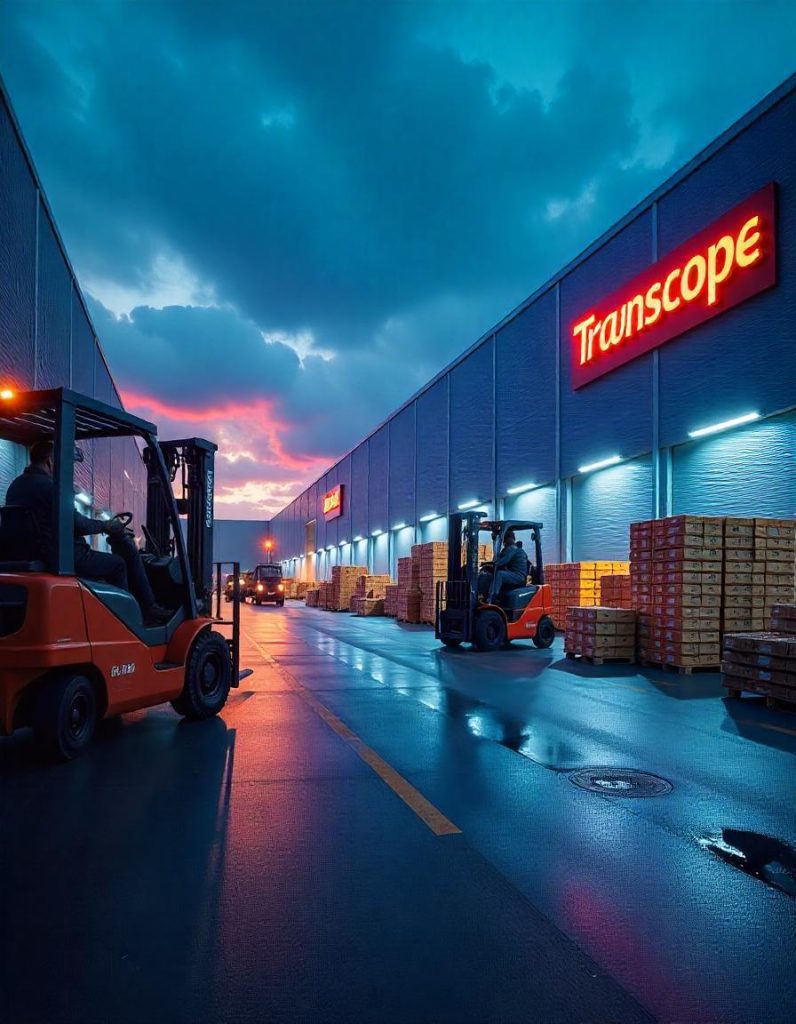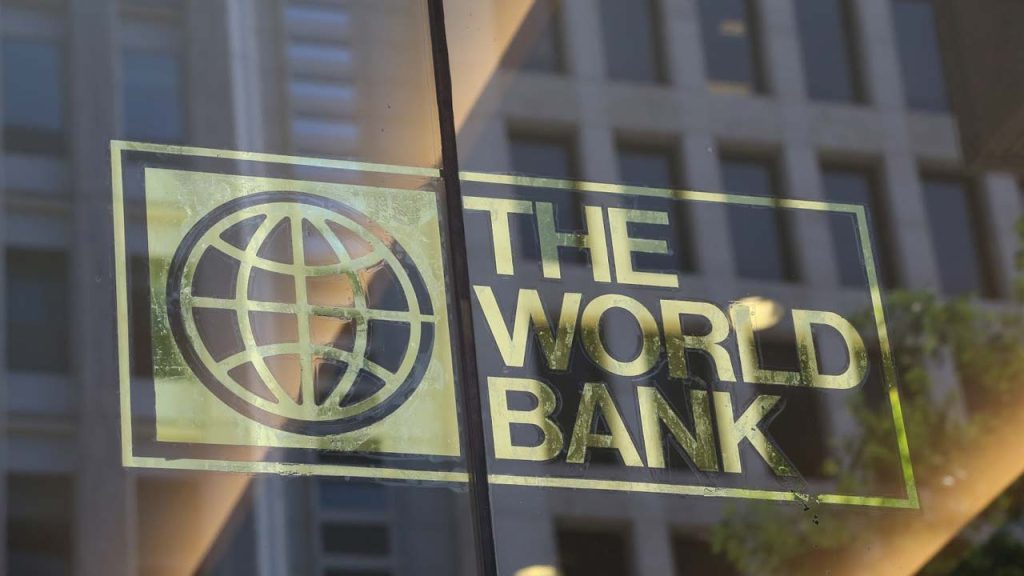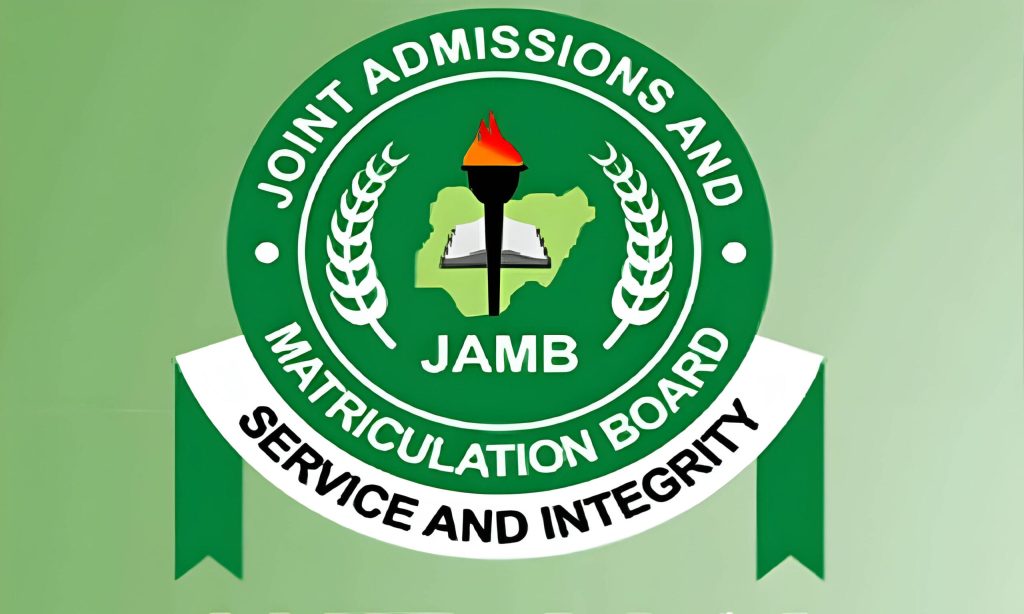The efficiency of a food supply chain can determine the success or failure of a business. In an industry where freshness, speed, and reliability are non-negotiable, the logistics behind food distribution must operate seamlessly. Yet, many food vendors, restaurants, and suppliers face persistent challenges; delayed deliveries, supply shortages, wastage due to poor planning, and inefficiencies that drive up costs. In response to these longstanding issues, Monsurat Adeola Adeosun founded Transcope, a company that is modernizing food logistics through structured, technology-driven solutions that ensure predictability, efficiency, and streamlined coordination between suppliers, vendors, and delivery networks.
Many vendors and restaurants have struggled with unreliable supply chains, where ingredient deliveries arrive late or in inadequate quantities, disrupting operations. Others have faced the high costs associated with last-mile delivery failures, excess food spoilage, and ineffective inventory management. It has developed a logistics system that takes the uncertainty out of food distribution, ensuring that vendors can focus on running their businesses rather than constantly firefighting operational setbacks.
To achieve this, the company integrates intelligent supply chain management with real-time logistics monitoring, helping food businesses navigate challenges that once seemed inevitable. By automating inventory tracking, streamlining supplier coordination, and optimizing delivery schedules, the company has created an ecosystem where vendors can access the resources, they need without delays or inflated costs. This structured approach allows businesses to operate with confidence, knowing that their supply chains are backed by a system designed to maximize efficiency and minimize disruptions.
The company employs smart forecasting tools that help vendors predict when to restock, route optimization software that minimizes delays in transportation, and an automated tracking system that provides full visibility into delivery progress. These innovations give businesses greater control over their operations, ensuring that ingredients reach kitchens on time and that prepared meals are delivered before quality deteriorates.
The company is transforming how food vendors and suppliers interact, bridging the gap between demand and supply through structured logistics planning. By eliminating guesswork in sourcing, distribution, and delivery, the company has introduced a level of precision previously unavailable to many small and medium-sized food businesses. Vendors no longer have to rely on uncertain supply chains that fluctuate based on inconsistent market conditions. Instead, they have access to a well-managed system that adapts to their needs while reducing risks associated with lost time, excess costs, and operational inefficiencies.
It is redefining how the food industry approaches supply chain efficiency as a whole. The company’s ability to enhance the reliability of deliveries, optimize vendor operations, and introduce automation into supply management is changing the landscape for businesses that rely on food distribution. As more vendors embrace these structured solutions, the broader food industry is moving toward a future where supply chain inefficiencies no longer dictate success, but where strategic logistics management ensures sustained growth, profitability, and improved service delivery.
With a rapidly evolving industry where consumer expectations are rising and business operations demand greater efficiency, Her work is setting precedence for food logistics. Through technology, structured planning, and a commitment to seamless supply chain operations, she is shaping a future where food businesses can scale without being held back by logistical inefficiencies, ensuring that food reaches its destination on time, in perfect condition, and without unnecessary losses.













